Join us as we explore some of the Most Intricate Magic Systems in Anime, celebrating the incredible creativity of storytellers who built magical foundations that are as compelling as their narratives.
Magic. It’s the lifeblood of countless fantasy anime, enabling breathtaking battles, impossible feats, and fantastical realms. But what truly sets an exceptional magic system apart from a simple plot device? It’s the intricacy – the carefully designed rules, limitations, costs, and consequences that make the magic feel tangible, believable, and utterly fascinating.
While “soft” magic systems might rely on mystery and wonder, “hard” magic systems thrive on clarity and internal consistency. When creators put thought into how magic fundamentally works within their world, it enriches the plot, deepens character development, and elevates the entire viewing experience. It transforms simple powers into complex, strategic tools.
What Defines an “Intricate” Magic System?
An intricate magic system isn’t just about cool powers; it’s about a well-thought-out framework that typically features:
- Clear Rules & Limitations: What magic can and cannot do. How it’s cast, what its range is, and its specific effects.
- Cost & Consequences: Magic usually isn’t free. There might be a mana cost, physical strain, emotional toll, or even a sacrifice required. Every action has a reaction.
- Consistency: The rules of magic don’t randomly change to suit the plot. If something happens, there’s a logical in-world reason.
- Impact on Society & Plot: How magic influences the world’s culture, politics, technology, and the challenges characters face.
- Creativity & Depth: Unique applications, specialized uses, and the potential for new discoveries within the established framework.
A Masterclass in Mana & Mastery: Anime with Unforgettable Magic Systems
Here are our top selections for anime that boast some of the most intricate and well-developed magic systems:
1. Hunter x Hunter (Nen)
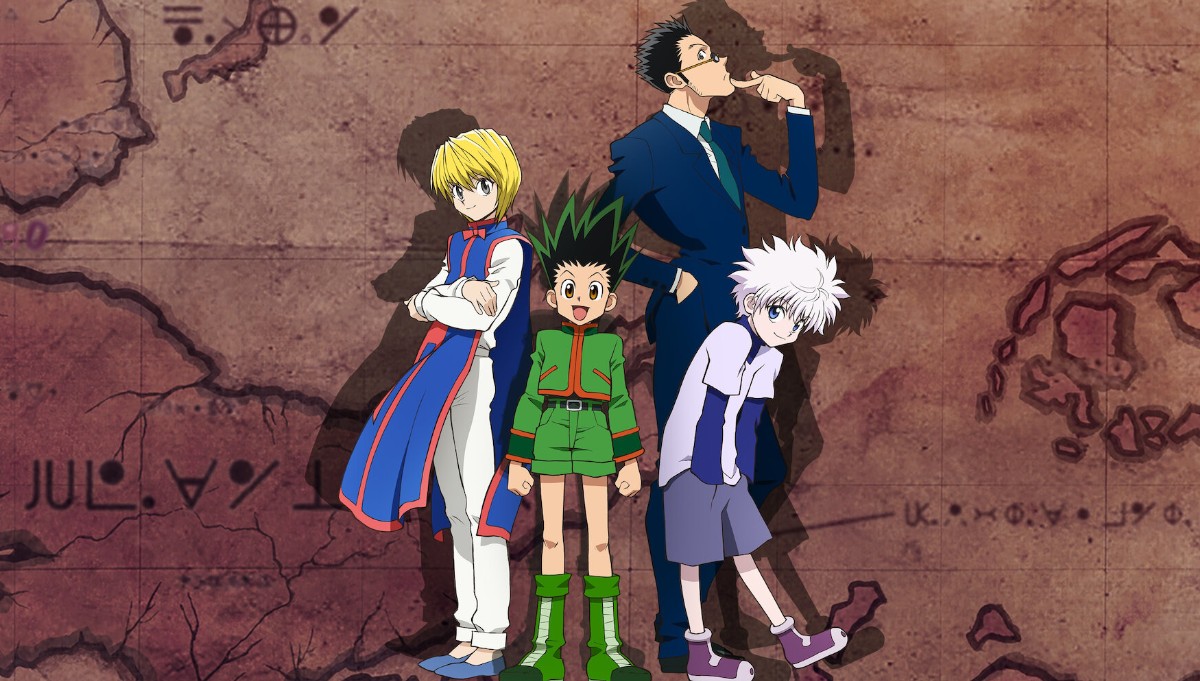
MyAnimeList Score: 9.0/10 Alt Text Suggestion: Gon Freecss activating his Nen ability in Hunter x Hunter.
The Nen system in Hunter x Hunter is often hailed as one of the most brilliant and intricate power systems in all of fiction. It’s not just about raw strength; Nen is the ability to manipulate one’s life force (aura) for various purposes. What makes it intricate are its detailed categories (Enhancement, Transmutation, Conjuration, Emission, Manipulation, Specialization), the concepts of “Ten,” “Zetsu,” “Ren,” “Hatsu,” and the unique personal Vows and Limitations that can dramatically amplify an ability’s power at a great personal cost. Every battle becomes a strategic, psychological chess match where understanding your opponent’s Nen type and limitations is crucial. Its depth directly influences character abilities, plot twists, and the very nature of conflict.
2. Fullmetal Alchemist: Brotherhood (Alchemy)
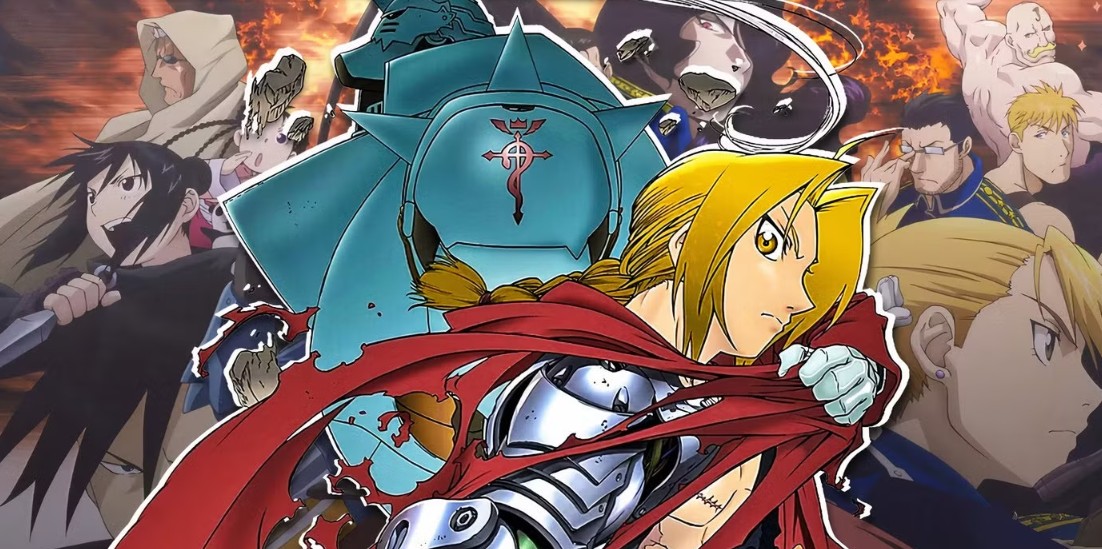
MyAnimeList Score: 9.1/10 Alt Text Suggestion: Edward Elric performing alchemy with a transmutation circle in Fullmetal Alchemist: Brotherhood.
Alchemy in Fullmetal Alchemist: Brotherhood is a form of scientific magic based on the fundamental principle of Equivalent Exchange: “Mankind cannot gain anything without first giving something in return. To obtain, something of equal value must be lost.” This rule governs all alchemical transmutations, from creating objects to healing injuries, and gives the magic a strict, scientific feel. The reliance on transmutation circles, the understanding of matter’s composition, and the severe consequences of violating the taboo of human transmutation (like losing limbs) make it a grounded yet incredibly versatile system that impacts every aspect of the story, from the military to the underlying lore of the world.
3. A Certain Magical Index / A Certain Scientific Railgun (Magic & Espers)
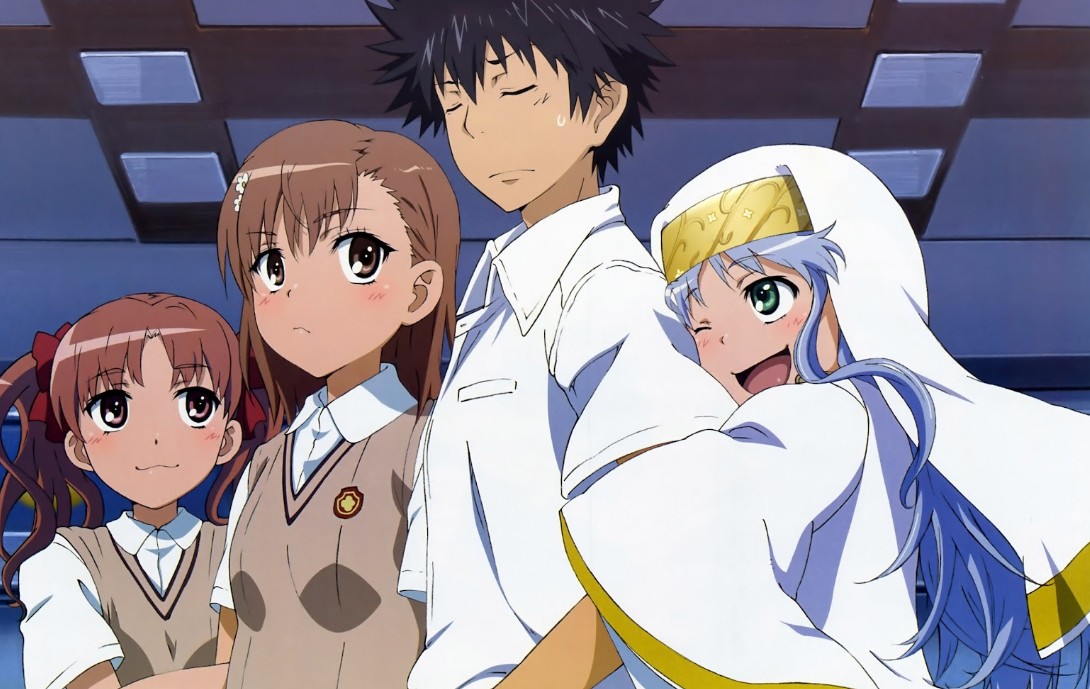
MyAnimeList Score: 7.5/10 (Index), 8.0/10 (Railgun) (Overall Series) Alt Text Suggestion: Accelerator using his vector manipulation ability in A Certain Scientific Railgun.
The A Certain series presents a fascinating dichotomy between Magic and Esper powers, two seemingly opposing yet equally complex systems that define its world. Magic users rely on rituals, spells, and often religious or mythological symbols, drawing power from external sources with various limitations and side effects. Espers, on the other hand, develop scientific, psychic abilities through controlled biological processes, categorized by their “level” and unique “personal reality.” The intricate interplay and conflict between these two distinct but equally detailed power sets, along with the scientific and theological explanations behind them, create a rich, layered world-building experience.
4. Jujutsu Kaisen (Cursed Energy & Cursed Techniques)
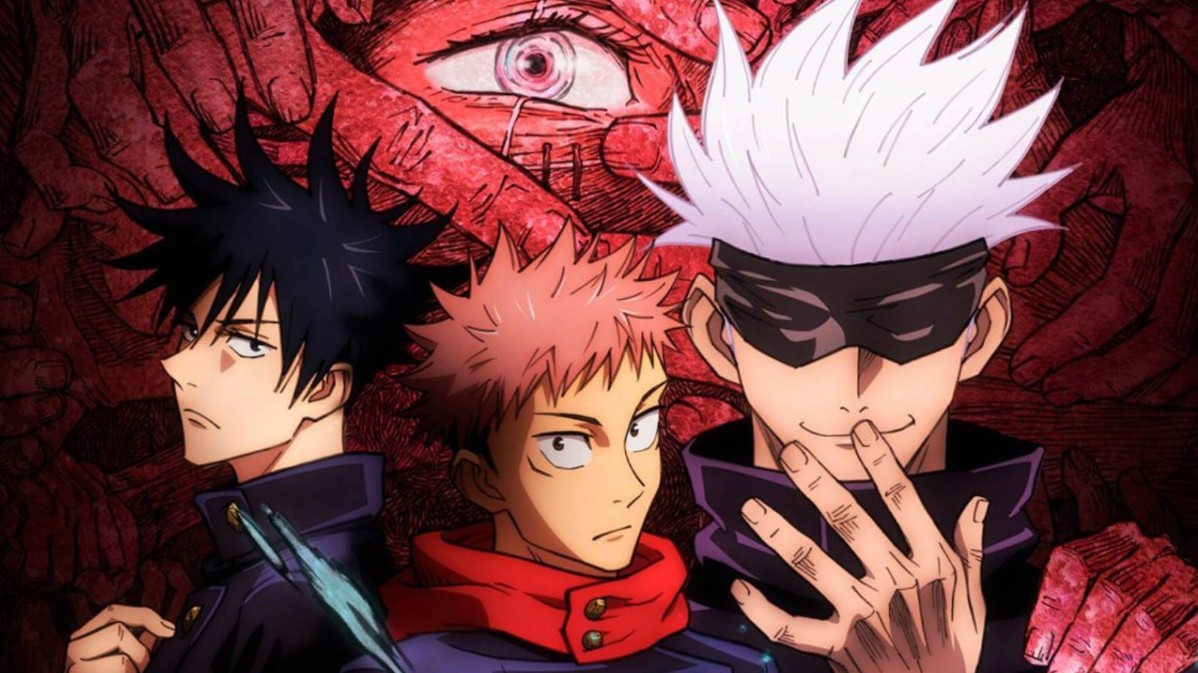
MyAnimeList Score: 8.7/10 Alt Text Suggestion: Satoru Gojo activating his Limitless Cursed Technique in Jujutsu Kaisen.
Jujutsu Kaisen‘s magic system revolves around Cursed Energy, born from negative emotions, which is used to combat Curses (monstrous manifestations of negative energy). What makes it intricate are the diverse Cursed Techniques that manifest uniquely in individuals, the concept of Domain Expansion (creating a barrier that guarantees hits and amplifies techniques), and the strict Binding Vows that users can make to enhance their power by accepting limitations. The system emphasizes creativity, strategy, and understanding the nuances of each technique, leading to incredibly dynamic and often intellectually stimulating battles where tactical use of cursed energy is paramount.
5. My Hero Academia (Quirks)

MyAnimeList Score: 8.0/10 Alt Text Suggestion: Izuku Midoriya using One For All: Full Cowl in My Hero Academia.
While not traditional “magic,” the Quirks in My Hero Academia function as a highly intricate superpower system. Nearly everyone is born with a unique ability, and the series meticulously explores their origins, variations, strengths, weaknesses, and even biological side effects. From super strength to elemental control, from bizarre body modifications to mind manipulation, each Quirk comes with clear applications, drawbacks (like stamina drain or self-harm), and potential for growth and mastery. The focus on how these powers integrate into society, law enforcement (heroes vs. villains), and even Quirk singularities adds layers of depth and realism to its fantastical premise.
6. Code Geass (Geass)
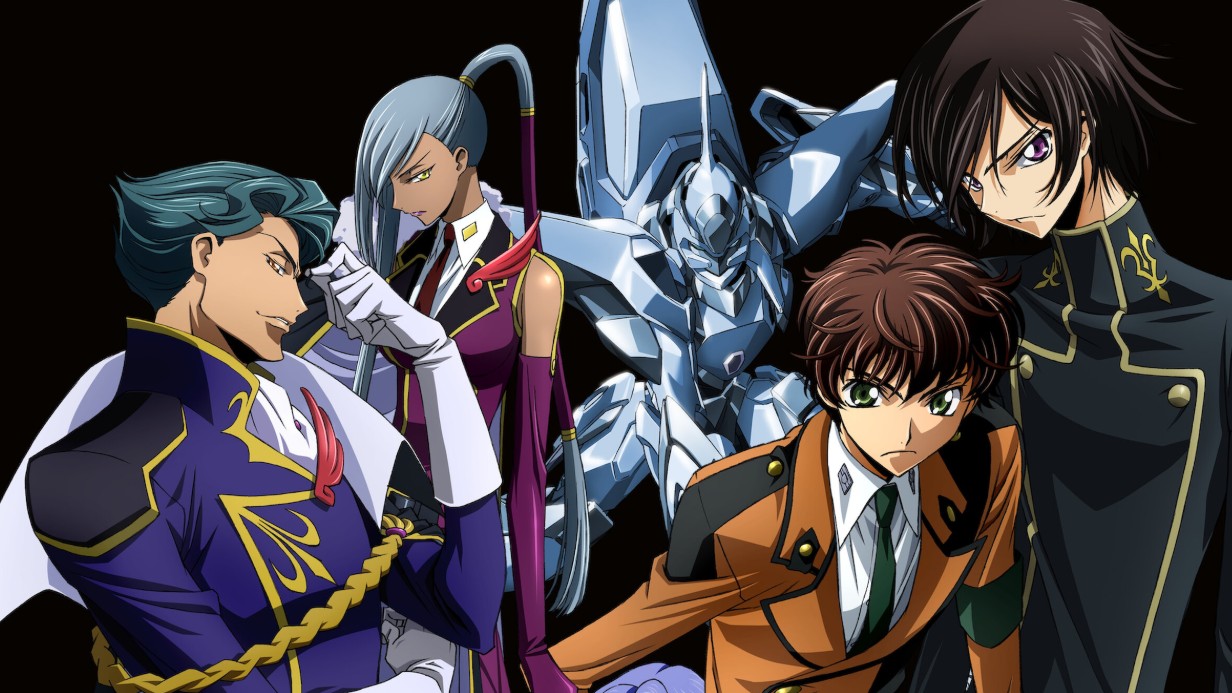
MyAnimeList Score: 8.7/10 Alt Text Suggestion: Lelouch Lamperouge activating his Geass eye in Code Geass.
The Geass in Code Geass is a fascinating example of a “cursed” magic system with specific, often ironic, limitations. Best exemplified by Lelouch’s “Power of Absolute Obedience,” Geass grants a unique, powerful ability that varies by individual but comes with a distinct set of rules and a tendency to evolve beyond the user’s control. Lelouch’s Geass, for instance, can only be used once on a person, requires direct eye contact, and eventually becomes permanently active. Its profound impact on the plot, the morality of its use, and the concept of its origins make it a central, intricate element that drives the entire narrative.
7. Black Clover (Mana & Grimoires)
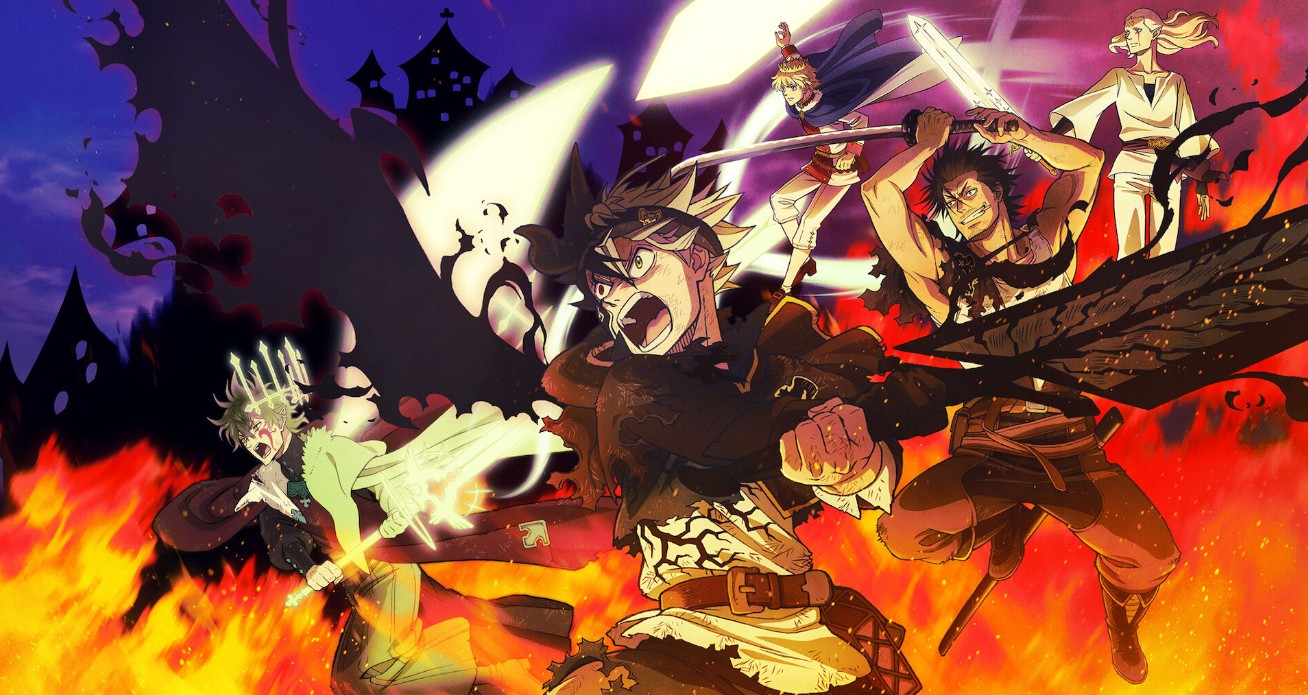
MyAnimeList Score: 7.5/10 (Overall Series) Alt Text Suggestion: Asta wielding his anti-magic sword in Black Clover.
In Black Clover, Mana is a fundamental force, naturally present in the world and wielded by most people, often through their unique Grimoires. What makes its magic system intricate is the emphasis on mana manipulation (controlling external mana), mana zone (extending one’s mana presence), and the specific attributes of different magic types (fire, water, wind, darkness, anti-magic, etc.). Furthermore, the tiered grimoires (e.g., three-leaf, four-leaf clover for luck/devil, five-leaf for devils) and the concept of devils granting specific abilities add layers of complexity and power scaling that are consistently explored throughout the series’ epic battles.
8. Bleach (Reiatsu & Zanpakuto)
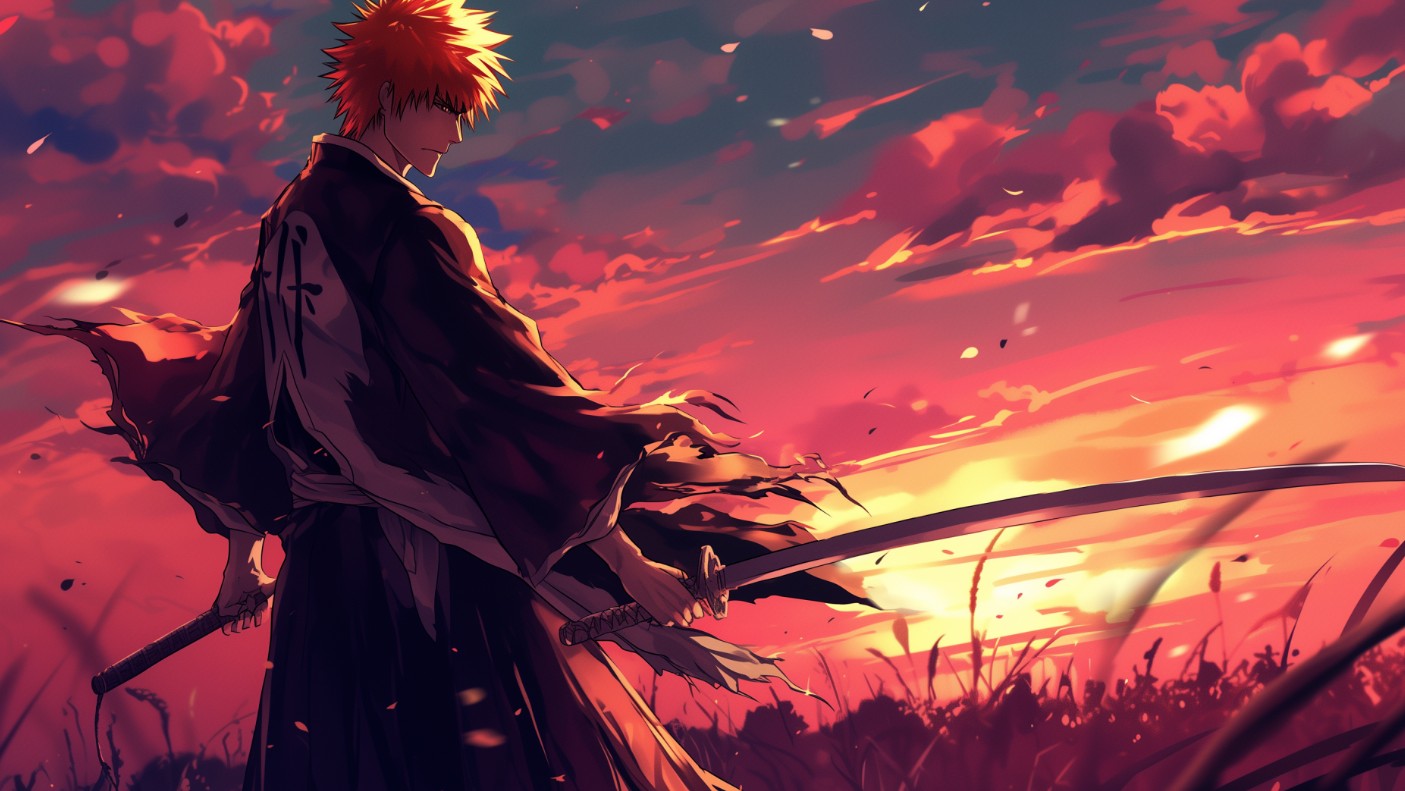
MyAnimeList Score: 7.8/10 (Overall Series) Alt Text Suggestion: Ichigo Kurosaki performing a Getsuga Tensho with his Zanpakuto in Bleach.
The power system in Bleach primarily revolves around Reiatsu (spiritual pressure) and the unique abilities of Zanpakuto (soul-cutting swords wielded by Shinigami). Each Zanpakuto has a unique spirit and personality, evolving through two main release states: Shikai and Bankai. Achieving Bankai requires mastery and deep connection with one’s sword spirit, transforming the weapon into a unique, powerful ability. The system is intricate due to the vast diversity of Bankai abilities, the strategic importance of understanding their strengths and weaknesses, and the various spiritual techniques (like Kido and Shunpo) that complement sword fighting, making for diverse and tactical combat
Beyond the Spell: The Impact of Well-Crafted Magic
The anime series on this list aren’t just about flashy visuals; they’re about worlds where magic is a fundamental force, with its own logic, history, and profound implications for those who wield it. These intricate magic systems don’t just facilitate the plot; they are the plot, driving character motivations, creating unique challenges, and making every victory or defeat feel earned.
Understanding the rules and limitations behind these powers makes the action more thrilling, the world more believable, and the characters’ struggles more resonant. It’s a testament to the masterful world-building that allows these series to stand out in the crowded fantasy landscape.
So, next time you’re enjoying a magical battle, take a moment to appreciate the genius behind the magic system itself – it’s often the true hidden gem of the adventure!
Frequently Asked Questions (FAQs)
Q1: What is the difference between hard and soft magic systems? A: Hard magic systems have clearly defined rules, limitations, and costs that are known to both the characters and the audience, allowing for strategic use and problem-solving (e.g., Nen in Hunter x Hunter, Alchemy in Fullmetal Alchemist). Soft magic systems operate more on mystery and wonder, with less defined rules, allowing for plot convenience and awe, but less strategic depth (e.g., some elements in Spirited Away or classic fairytales).
Q2: Are there any anime where magic is considered a science? A: Yes! Fullmetal Alchemist: Brotherhood with its alchemy is a prime example where magic is treated as a scientific discipline with strict laws. A Certain Scientific Railgun also presents psychic abilities as a result of scientific research and development, blurring the lines between magic and science.
Q3: What makes a magic system feel “realistic” in a fantasy setting? A: A magic system feels “realistic” when it has clear limitations and costs. If a powerful spell drains the user’s energy, or requires a rare component, or can only be used under specific conditions, it adds weight and believability. Consequences for misuse or overuse also contribute to this sense of realism.
Q4: Can a simple magic system still be effective? A: Absolutely! A magic system doesn’t need to be overly complex to be effective. A simple system with strong thematic resonance, creative applications, or a focus on character development (rather than the magic itself) can still be incredibly impactful. For example, the use of Stands in JoJo’s Bizarre Adventure is relatively simple but incredibly varied and creatively applied.
